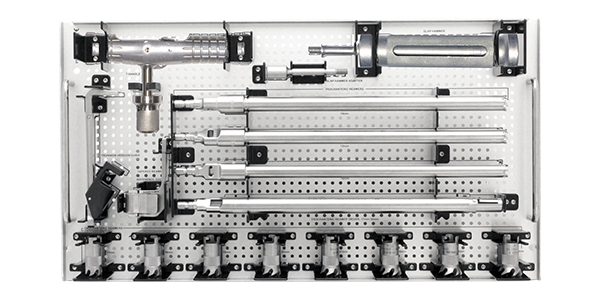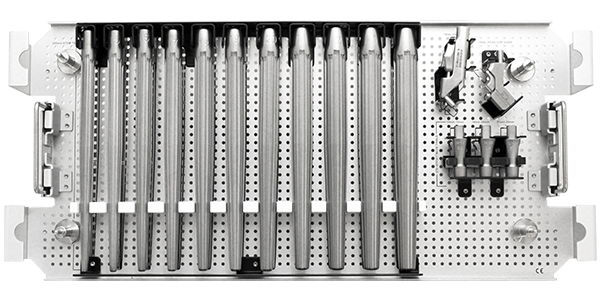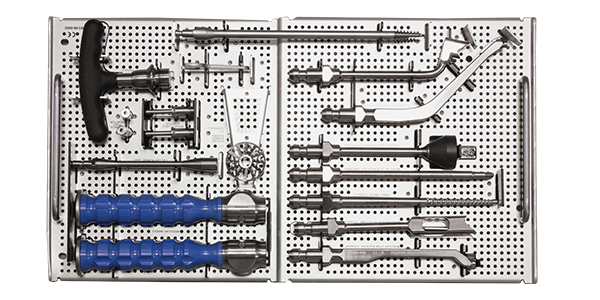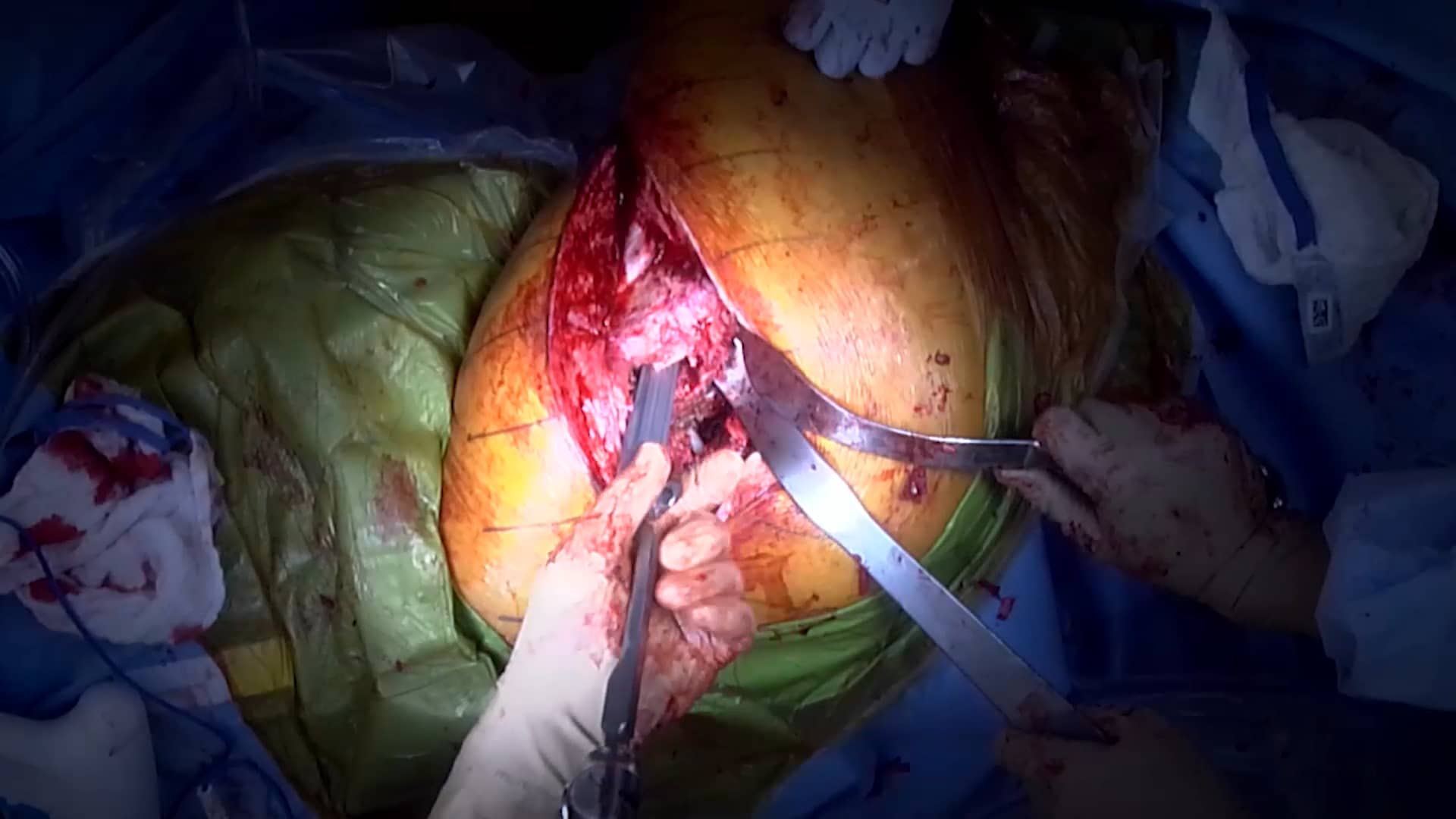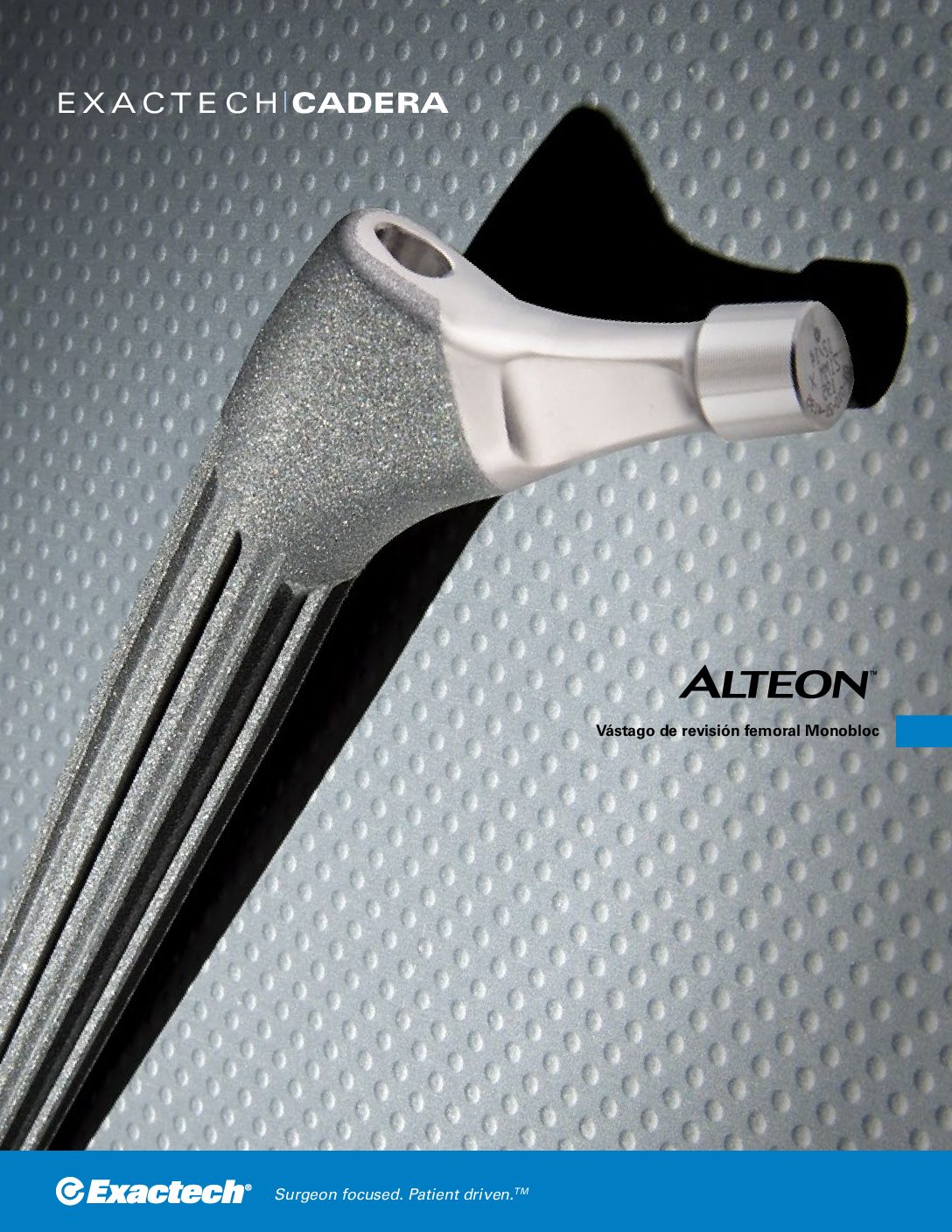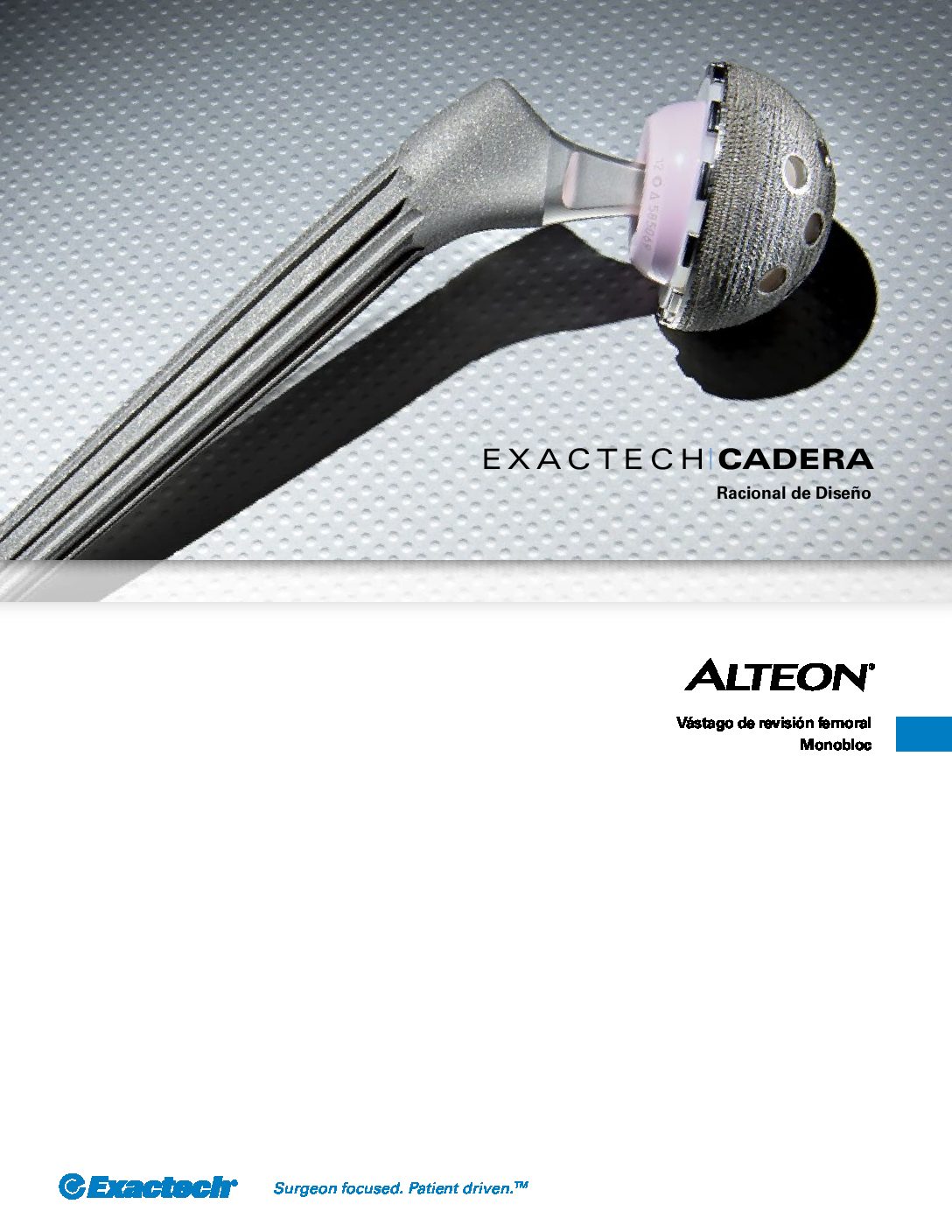Alteon Monobloc Revision Femoral Stem
Alteon Monobloc Revision Femoral Stem
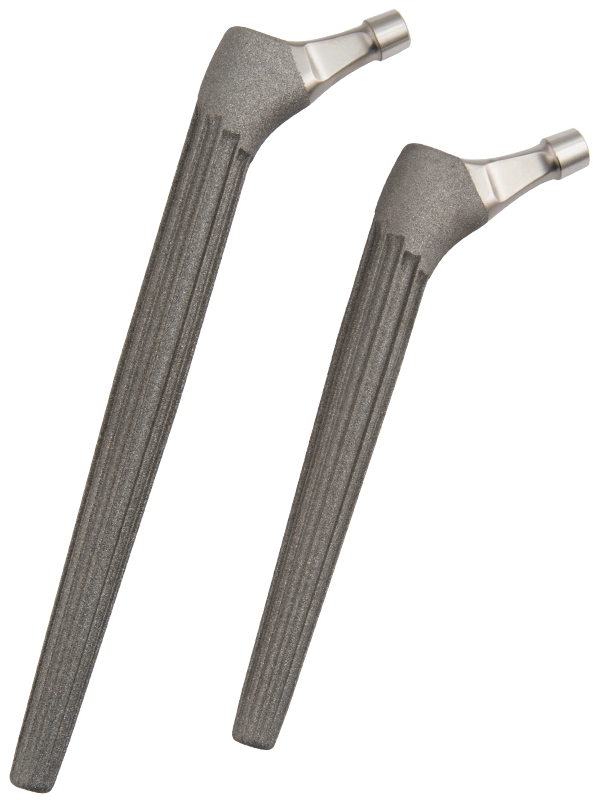
Taper Angle and Spline Design
The 3.5 degree taper angle and flat/broad spline geometry play an integral part in the mechanical stability that is designed to resist axial subsidence and rotation.1
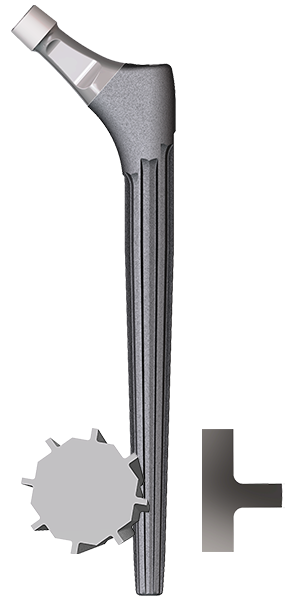
Axial Stability of Different Taper Angles
x-axis: Spine Angle (Deg) / y-axis: Axial Resistance (N/mm)
Reamer and Trial-to-Implant Relationship Predictability
The surgical technique and instrumentation are designed to create a predictable relationship between the reamer, trial and implant locations. The result is a system with the potential for immediate and long-term center of rotation reliability and stability.
Center of Rotation Grooves
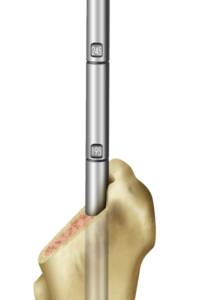
Tapered Reamer Referencing Guide
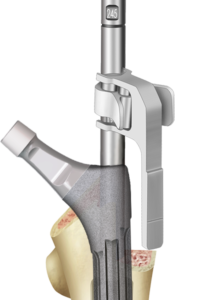
Trochanteric Reaming
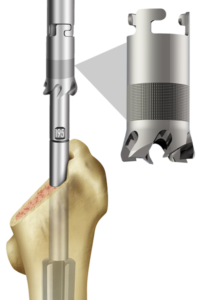
Trial Stem Placement
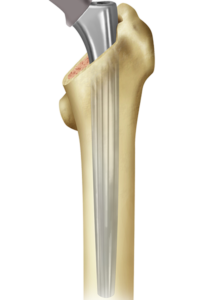
Streamlined Instrumentation
The surgical technique and instrumentation are designed to create a predictable relationship between the reamer, trial and implant locations. The result is a system with the potential for immediate and long-term center of rotation reliability and stability.
Scope
Sizes/diameters: 14-24, 26, 28 and 30mm
Lengths: 195 & 245mm (Center of rotation to distal tip)
Alteon Monobloc Revision Femoral Stem Resources
-
Pierson J, Small S, Rodriguez J, Kang M, Glassman A. The Effect of Taper Angle and Spline Geometry on the Initial Stability of Tapered, Splined Modular Titanium Stems. J Arthroplasty. 2015 Jul;30(7):1254-9.
*Laboratory test results may not necessarily be indicative of clinical performance.

